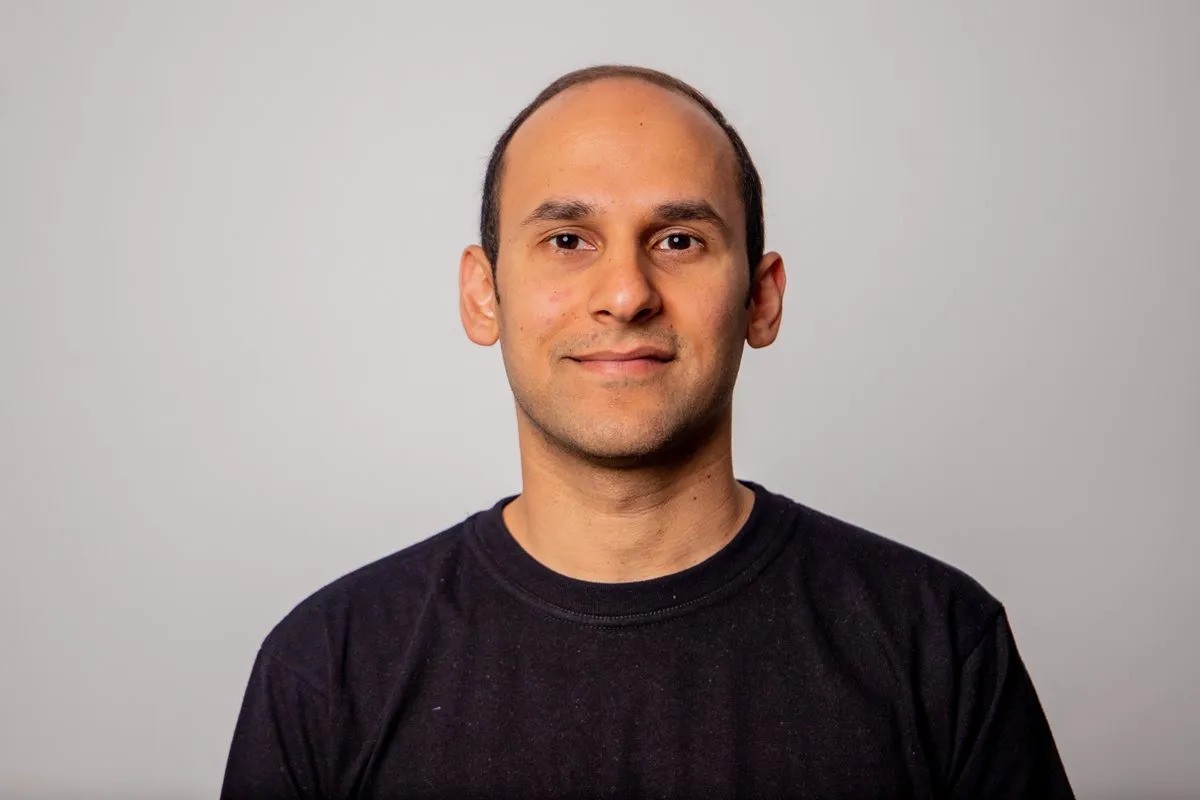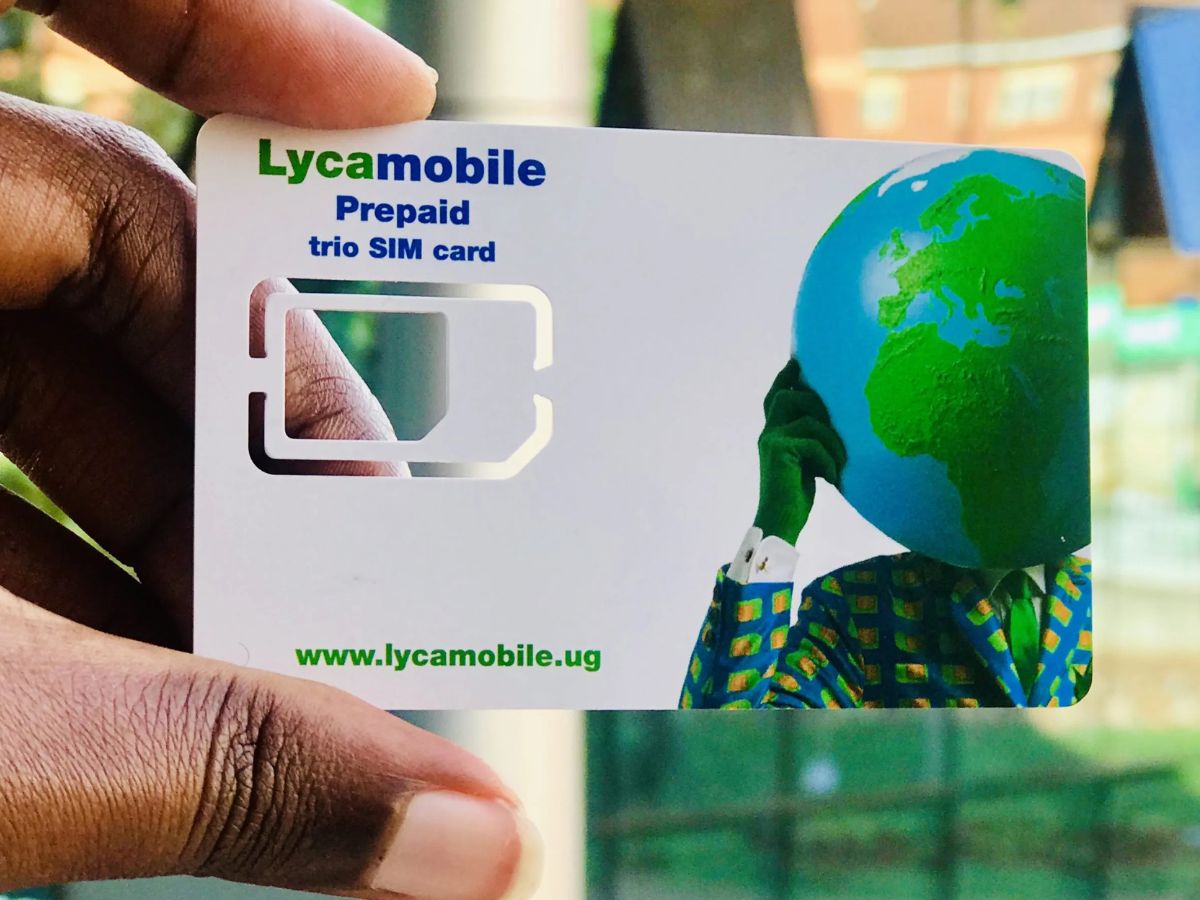When Microtraction launched last July, it came on with a mandate to solve the problem of funding for early-stage technical startup founders in Nigeria.
Since then, it has completed investments in two Nigerian startups -- CowryWise and Bitkoin Africa -- both of which play in the fintech space. The (undisclosed) investments came within the last couple of weeks.
But while the preference for fintech startups is quite conspicuous in these two deals, it's the one made in the cryptocurrency trading startup, Bitkoin Africa, that may seem a bit surprising for some.
Globally, cryptocurrency has been facing intense crackdown from regulators and government.
China’s government, concerned about the use of bitcoin in capital flight and tax evasion, has recently banned bitcoin exchanges. Similarly, the US and Japan reject the idea that cryptocurrency is a form of currency, but rather should be seen as property such as gold and real estate, subject to taxation.
In the same heat of the global clampdown on cryptocurrency-related activities, social media giants like Google, Twitter and Facebook took to the public to announce their discontinuation of cryptocurrency-related ads from their respective platforms. Facebook later backtracked on its pronouncement, albeit with a regulated approach.
On the local front, the Central Bank of Nigeria (CBN) and the lower chamber of the Nigerian National Assembly -- which are yet to recognise cryptocurrency as a legal tender -- have shown a public disregard for it.
In a statement insinuating that cryptocurrency trading is a gamble, CBN boss, Godwin Emefiele said the monetary regulators will not support "vices that leave people’s savings and investment at risk".
Needless to say the clampdown is as a result of the volatility of cryptocurrency-related assets in the market as well as the increasing uncertainty of its security system to withstand a security breach.

Don't miss out on Africa's financial revolution
Give it a try, you can unsubscribe anytime. Privacy Policy.

Join over 3,000 founders and investors
Give it a try, you can unsubscribe anytime. Privacy Policy.
So concerning the investment in Bitkoin Africa, the outcome is likely to be either an implosion under the current global clampdown or a reinvention of the digital financial space in Nigeria and Africa as we may well know it.
Not all gloom and doom
Currently there’s an upside to the cryptocurrency market across the globe. Amid gains across cryptocurrency markets in recent weeks (the first time since March this year), The Independent has gone on to hint at an imminent explosion in the value of bitcoin and other cryptocurrency assets.
Also, in Silicon Valley, for instance, drooling executives are both investing in bitcoin and pouring money into competitors. The same trend is happening across a number of platforms in Africa.
Just recently, peer-to-peer cryptocurrency platform, Paxful, announced a major expansion deal into Africa and is well on course to launch the continent's first blockchain technology hub at some point in 2018.
Across the globe, the number of people that are vested in cryptocurrencies is conservatively estimated at over 3 million. Clearly, these are activities underlying the very fact that cryptocurrencies does not need to win every battle to justifying a sky-high price or interest in same.
This is why more people, in spite of the warnings, will still be looking to invest in the digital currency.
In the new financial age, people are looking for easy and secure ways to carry out transactions. The same also applies to cryptocurrencies, which offer traders and investors limitless possibilities as well as opportunity to transact anonymously.
Unlike traditional currencies however, the decentralised nature of cryptocurrencies means they aren’t controlled, manipulated, or in most cases even regulated by any government or regime.
For most people trading cryptocurrencies, they have come to see these benefits but also realise that the best and brightest in crypto should be the ones building these crypto-related applications.
Here lies the challenge that Bitkoin Africa would face as a relatively new prospect in the African cryptocurrency space, despite their big ambitions. Even Yele Bademosi, the founder of Microtraction admits that the development tools and languages for blockchain and digital assets are rapidly evolving.
As a Business Insider report confirms, each bitcoin transaction requires the same amount of energy used to power nine homes in the U.S. for one day. Hence, miners are constantly plunging themselves in a race to install more and faster computers.
In their defense, Yele believes the founders of Bitkoin Africa (Ire Aderinokun and Timi Ajiboye) have the technical expertise required to develop a crypto-fiat gateway and exchange for Africans.
He thinks by combining the core functionality of a cryptocurrency exchange with indigenous payment processing solutions, Bitkoin Africa can create a cryto-application that is customer-centric.
If they can pull it off, more investors may very well be gearing up for more institutional money to enter the market in the coming days.
However, there are enough indications that bitcoin and other cryptocurrencies may never be allowed to supplant central-bank-issued monies. One thing is for the governments to allow small anonymous transactions with virtual currencies. Allowing large-scale anonymous payments, which would make it extremely difficult to collect taxes or counter criminal activities, is an entirely different proposition.
The question that follows is whether the government will tolerate anonymous payment systems that facilitate tax evasion and crime. Will they come to create digital currencies of their own? Or will the likes of Bitkoin Africa bring in enough innovation to checkmate irregular trading activities? Time will tell.




















